When I first started learning about SEO (and trust me, I had no indication what I was doing), this word kept popping up. I would read blog posts that said effects like “ You need high-author backlinks to rank! ” and I’d be sitting there allowing “What indeed is a backlink? And how the heck am I supposed to get one?
If that’s where you’re at — or if you just want someone to explain it like a normal person and not a robot this post is for you.
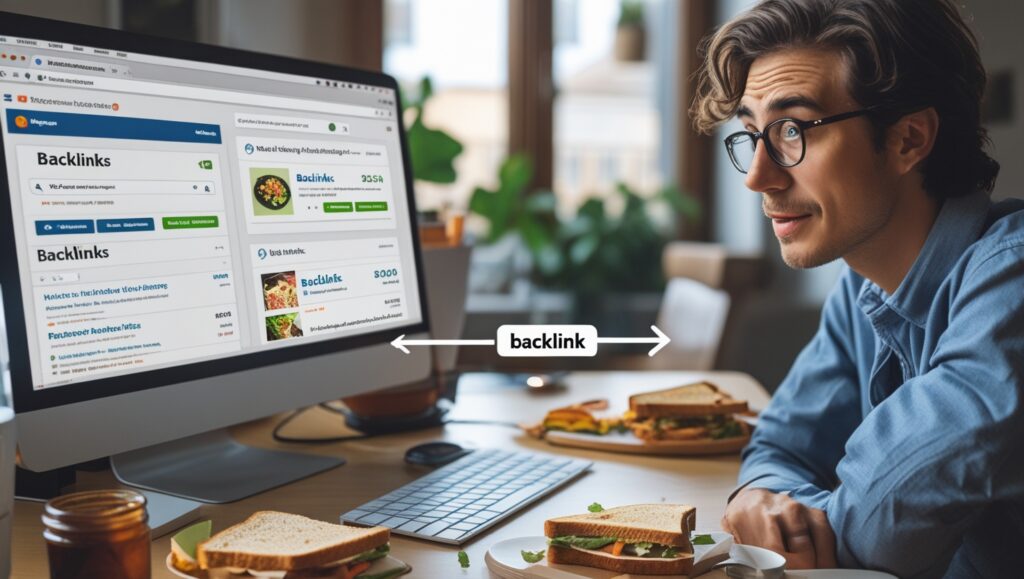
So, What’s a Backlink?
Plain and simple: a backlink is when another website links to your website.
That’s it. No magic. No secret code. It’s literally someone saying, “Hey, go check out this website over here.” And boom, that link is a backlink.
Here’s an example: let’s say you write a killer blog post about the best homemade pizza recipes, and some food blogger says, “This recipe is awesome!” and links to you in their post. That’s a backlink.

Why Do Backlinks Even Matter?
I’m going to give it to you straight — backlinks are like digital roads. When someone links to your point, it’s kind of like insurance for you. It’s byword, “This person knows what they’re talking about. ”
Google LOVES that.
The further good, legal spots that link to you, the further Google starts to trust you. And the further Google trusts you, the more it wants to show your content to people searching for stuff you talk about.
It’s like being the new sprat in the city — nothing knows you yet. But if many popular people say, “ Oh yeah, they’re cool ” suddenly everyone’s paying attention.

But Here’s the Catch: Not All Backlinks Are Created Equal
Let me guess — you’re thinking, “Cool, I’ll just get a bunch of backlinks and I’m golden.”
Nope. Doesn’t work like that.
Here’s where a lot of people go wrong. They think more = better. But the truth is, quality beats quantity every single time.
A backlink from some random, spammy website? Not helping you.
A backlink from a respected site in your niche? That’s gold.
So what makes a “good” backlink? A few things:
- The site linking to you is relevant (i.e. you sell hiking gear and the link is from an outdoor blog).
- The site has authority (meaning Google already trusts it).
- The link isn’t buried in some comment section or sketchy forum.
- The actual text of the link makes sense (like “best hiking backpacks” instead of “click here”).
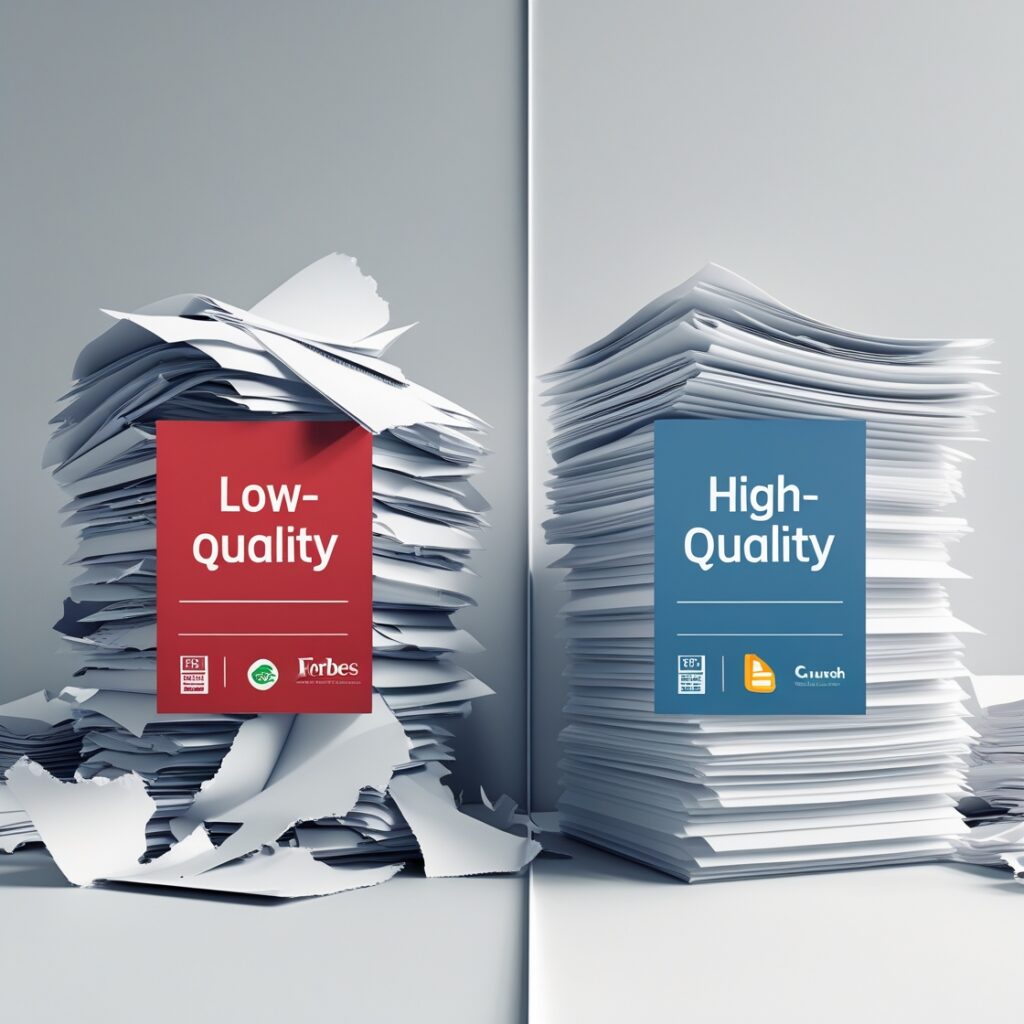
How Do You Even Get Backlinks?
Ah yes. The question that haunts everyone trying to grow their site. I’m gonna be honest — it takes some work. But it’s doable.
Here’s what’s worked for me and people I know:

1. Make Stuff Worth Linking To
I know it sounds egregious, but most people skip this. However, no one’s going to link to it, If your content is boring or just rehashing what everyone says differently. Make your blog posts useful. Make them funny. Make them better than the first 5 results on Google. Just give people a reason to partake it.
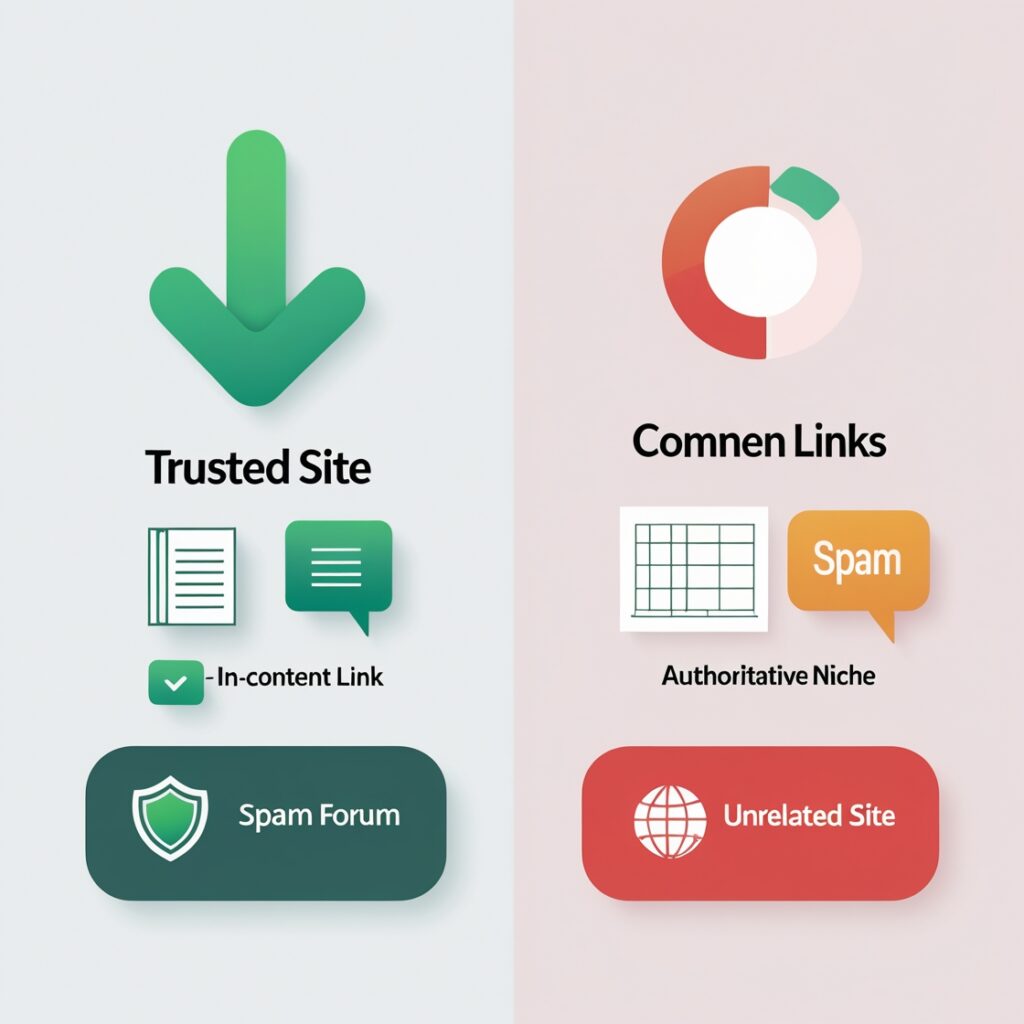
2. Reach Out (Without Being Weird)
This takes guts, but it works. If you find a blog or website that would genuinely benefit from linking to your post — send them a message. Be real. Be polite. Don’t write like a marketer. Just say, “Hey, I wrote this piece on [topic], and I thought it might be helpful to your readers.” That’s it.
3. Write for Other People
Guest posting is still a thing. Find blogs in your niche, offer to write something helpful for them, and include a link back to your site. You help them with content, they give you a backlink. Simple.
4. Get Involved in Your Niche
This one’s underrated. Comment on blogs. Reply to tweets. Join Facebook groups. Share other people’s content. The more you’re in the community, the more chances you’ll have to naturally earn links over time. People link to people they know.
Avoid This Junk (Seriously)
There’s a lot of garbage advice out there when it comes to backlinks. Here’s what you want to stay far, far away from:
- Buying backlinks. Just don’t. It might work for a hot minute, but you’ll get smacked by Google eventually.
- Automated link-building tools. They’ll get you links, but not the kind you want.
- Spammy blog comments. You know the ones: “Great post! Check out my site!!!” Instant red flag.
- Link exchanges. “I’ll link to you if you link to me!” Google hates it, and it just looks desperate.
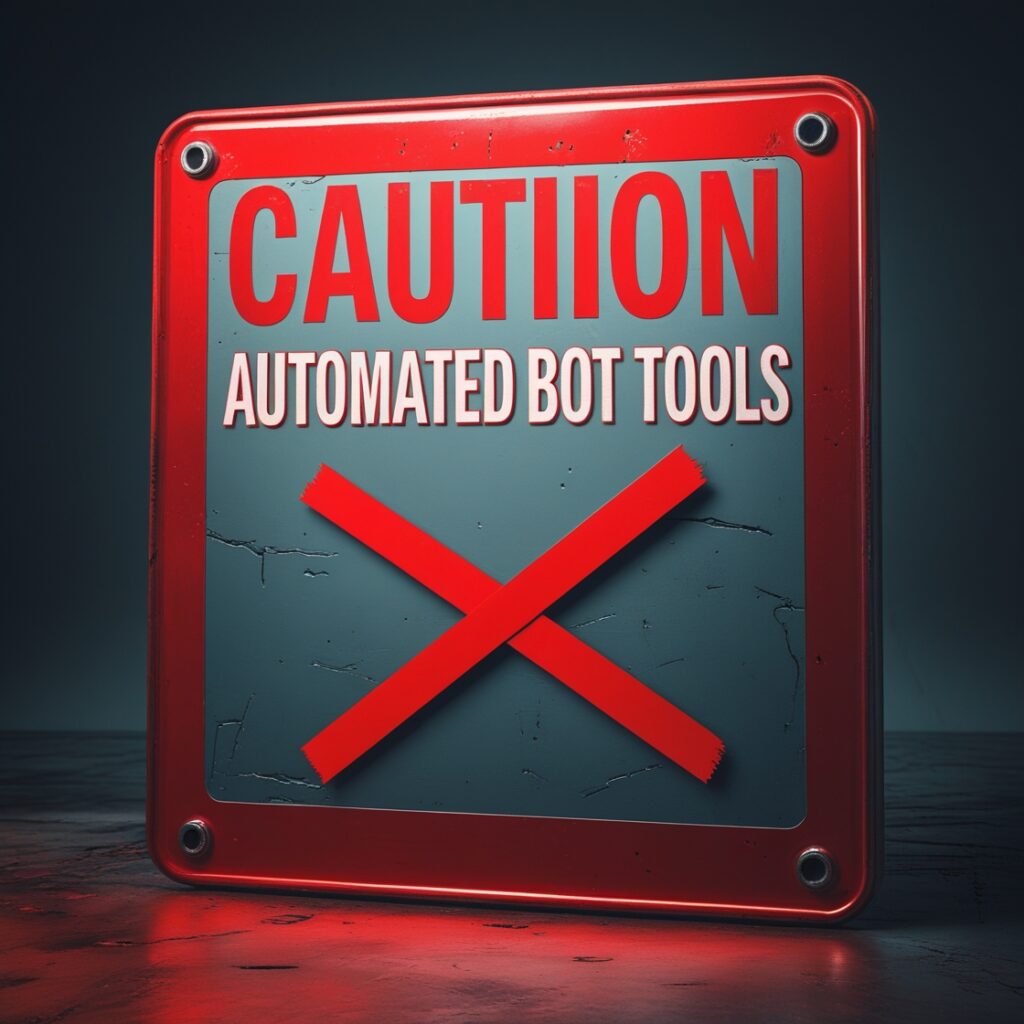
How to See Who’s Linking to You
Once you start building backlinks, you’ll probably want to keep an eye on them. There are tools for that. Some are free, some cost money:
- Google Search Console – It’s free and shows you who’s linking to your site.
- Ahrefs / SEMrush / Moz – These are paid tools that go deep. If you’re serious about SEO, they’re worth checking out.
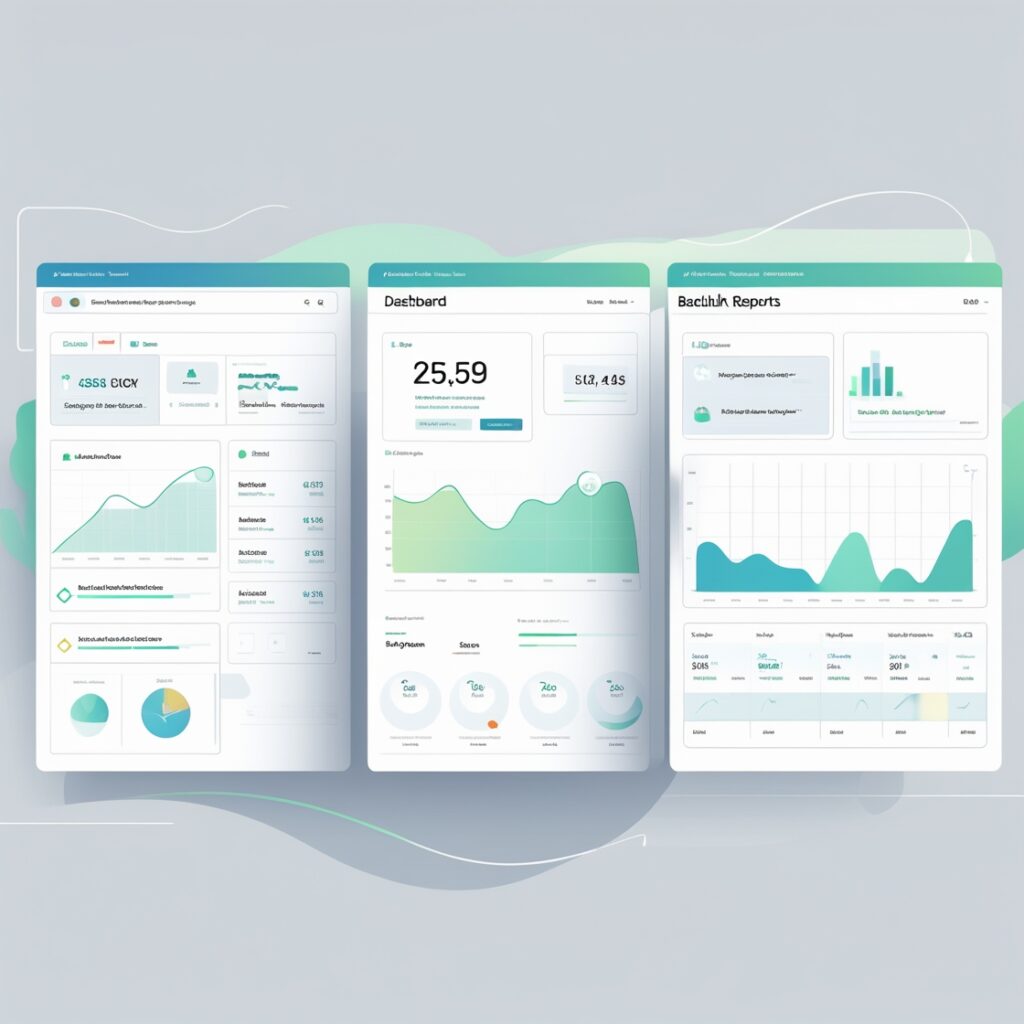
Final Thoughts (From Someone Who’s Been There)
Look — backlinks are important. That’s just the way SEO works right now. But don’t stress yourself out trying to game the system.
Focus on making good stuff. Be kind. Be helpful. Reach out to real humans. Build relationships. Over time, the backlinks will come naturally.
I used to think SEO was all about tricks and hacks. It’s not. It’s about trust. And backlinks? They’re one of the clearest signs that people trust what you’re doing.
So go earn that trust.
And if you ever feel stuck — you’re not alone. We’ve all Googled “how to get backlinks” at 2am with a half-eaten sandwich on our desk. You’re doing fine.
